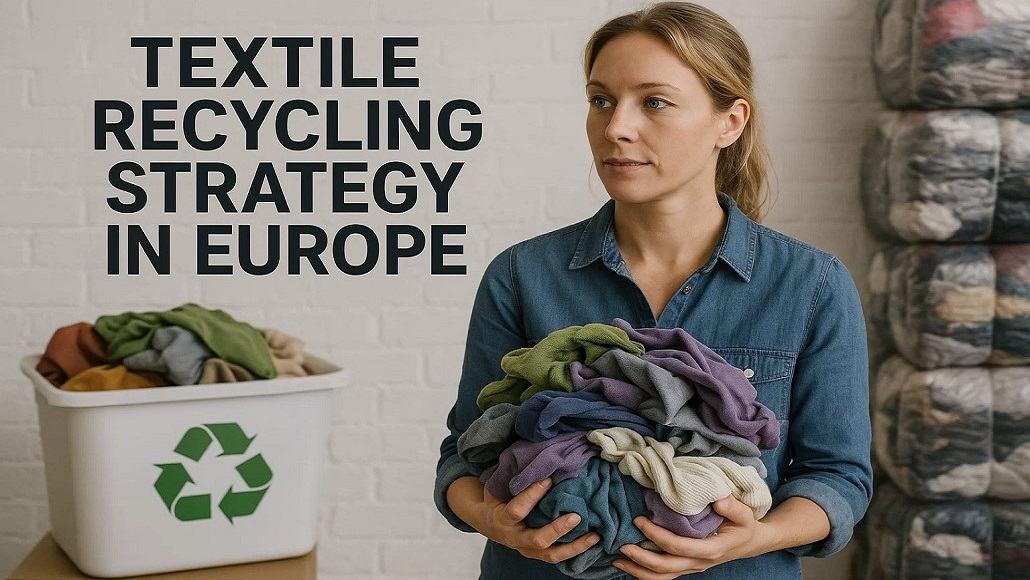ReHubs has unveiled an ambitious strategy aimed at enhancing textile-to-textile recycling and boosting the use of recycled fibers across Europe by the year 2032. This comprehensive plan reflects the organization’s commitment to a textile recycling strategy in Europe.
Set to be released on September 22, 2025, the action plan outlines various initiatives designed to break the long-standing supply-demand stalemate that has hindered progress in the realm of circular textiles.
The development of this strategy involved over 100 interviews and surveys conducted with ReHubs community members and industry stakeholders from outside the organization.
The action plan is built on two main pillars: comprehensive supply chain management and coordinated financing, as explained by ReHubs.
The first pillar focuses on optimizing the processes of collection, sorting, recycling, and manufacturing to ensure a steady supply of recycled fibers characterized by transparent costs and quality.
The second pillar aims to mobilize financial resources and manage the risks associated with the estimated €5 billion ($5.84 billion) to €6 billion needed to enhance infrastructure.
This financial strategy will be bolstered by commitments from brands alongside both private and public financial support, as emphasized by ReHubs.
The company identified six strategic levers that will anchor these two pillars, facilitating progress through the harmonization of industry standards, targeted research, policy advocacy, financial investment mobilization, and the formation of brand coalitions. These levers are anticipated to secure a dependable supply of feedstock, create clear standards, foster collaboration, and instill confidence in recycled textiles as a viable, scalable solution.
Alain Poincheval, chairman of ReHubs, remarked, “This is a defining decade for Europe’s textile industry. Circularity is no longer just a vision; it is an urgent infrastructure challenge. With ReHubs’ new strategy, we will lead the industry with the clarity, coordination, and collective strength needed to turn waste into value, resilience, and competitive advantage.”
The goals set by ReHubs for this initiative include:
-
Recycling 2.5 million tonnes of textile waste by 2032, which would represent approximately 35-40% of Europe’s annual textile waste.
-
Unlocking €5 billion-€6 billion in investments while potentially creating up to 10,000 new jobs throughout Europe.
-
Positioning Europe as a leader in circular textiles through scalable and demand-driven recycling solutions.
ReHubs CEO Robert van de Kerkhof stated, “ReHubs’ new strategy is designed to shift from isolated initiatives to coordinated, industry-wide implementation and ecosystem transformation. By combining stakeholder collaboration with decisive action on infrastructure, finance, and policy, we can amplify textile-to-textile recycling and transform Europe’s waste challenge into a valuable opportunity.”
Additionally, ReHubs plans to share insights from its textile recycling strategy in Europe at industry events such as the Dornbirn Global Fibre Congress and Circular Textile Days. These platforms will serve as opportunities for broader industry engagement in fostering a truly circular textile ecosystem within Europe.

































